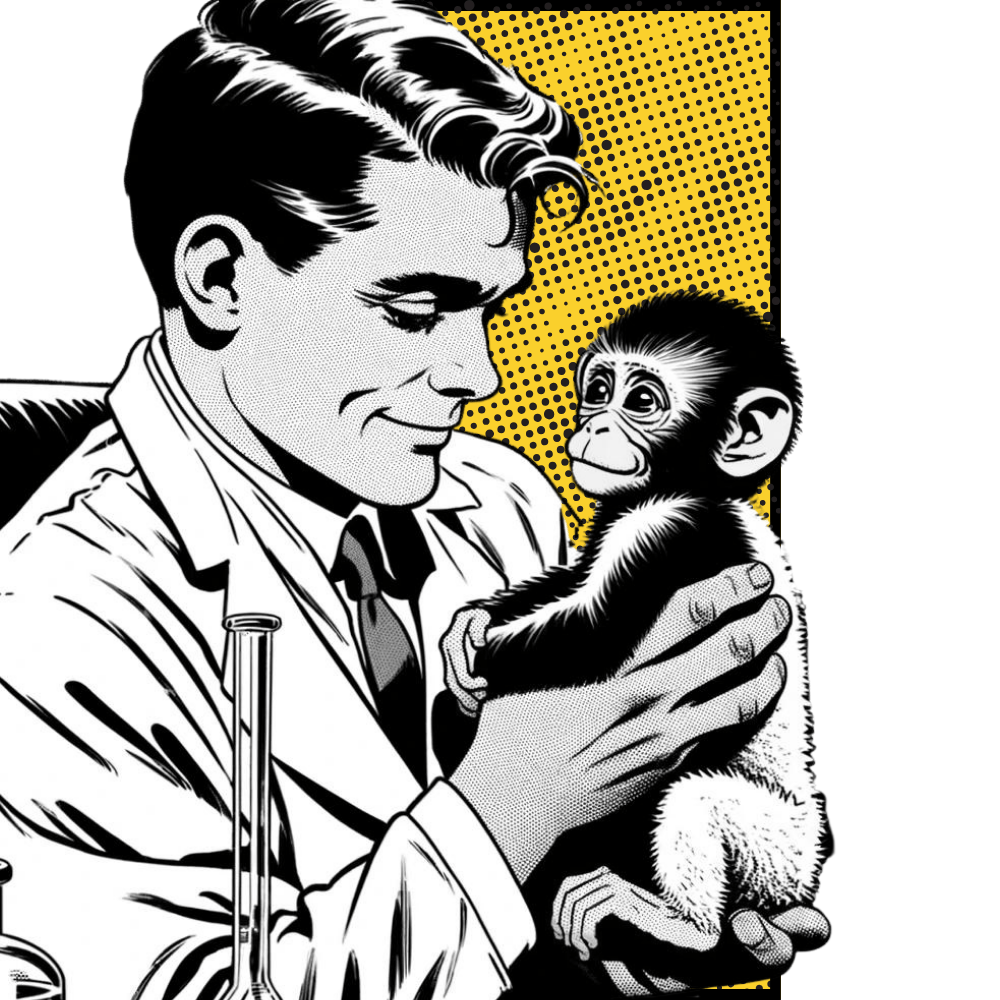Charles Darwin: The Foundations of Evolution and Its Impact on Cognitive Behavioral Psychology General Background Charles Darwin, born on February 12, 1809, in Shrewsbury, England, remains one of the most influential figures in scientific history. His upbringing in a well-educated family set the stage for his lifelong curiosity about the natural world. Darwin’s initial academicContinue reading “Charles Darwin & Natural Selection”
Category Archives: History
Ivan Pavlov & Classical Conditioning
Ivan Pavlov: The Pioneer of Classical Conditioning Ivan Petrovich Pavlov (1849–1936) was a Russian physiologist whose groundbreaking work laid the foundation for the study of behaviorism in psychology. Originally aiming for a religious career, Pavlov’s fascination with science led him to study physiology, where he would eventually earn the Nobel Prize in Physiology or MedicineContinue reading “Ivan Pavlov & Classical Conditioning”
Wilhelm Wundt & Experimental Psychology
Wilhelm Wundt: The Father of Experimental Psychology General Background Wilhelm Maximilian Wundt (1832–1920) was a German physiologist, philosopher, and psychologist, widely recognized as one of the founding figures of psychology as a formal discipline. Wundt’s approach to psychology was deeply rooted in his background in physiology, and he emphasized the importance of employing scientific methodsContinue reading “Wilhelm Wundt & Experimental Psychology”
Clark Hull & Drive Reduction Theory
Clark Hull: A Pioneer of Drive Reduction Theory in Psychology General Background Clark Leonard Hull (1884–1952) was an influential American psychologist known for his work in the realm of learning and motivation. Hull’s academic journey began with an interest in engineering, but after a bout of polio, he redirected his focus towards psychology. He earnedContinue reading “Clark Hull & Drive Reduction Theory”
William James & Functionalism
William James: A Pillar of Modern Psychology General Background William James (1842–1910) was an American psychologist and philosopher who played a pivotal role in the establishment of psychology as a scientific discipline in the United States. Born into a wealthy and intellectual family, James initially studied medicine at Harvard University but was drawn to theContinue reading “William James & Functionalism”
Martin Seligman & Learned Helplessness
Martin E.P. Seligman, an influential American psychologist, has significantly shaped modern psychology with his research and theories. Born on August 12, 1942, Seligman’s career spans several decades, during which he has contributed to the fields of cognitive behavioral psychology, positive psychology, and the study of well-being. A former president of the American Psychological Association (APA),Continue reading “Martin Seligman & Learned Helplessness”
Robert Rescorla & the Rescorla-Wagner model
Robert A. Rescorla was a renowned American psychologist who made significant contributions to the field of psychology through his extensive research on associative learning in animals. Born in 1940, Rescorla’s work has been pivotal in shaping our understanding of how creatures, including humans, learn about the world around them through experiences. His research has laidContinue reading “Robert Rescorla & the Rescorla-Wagner model”
Harry Harlow & Attachment Theory
Harry Harlow, born on October 31, 1905, in Fairfield, Iowa, was a pioneering American psychologist whose work fundamentally altered our understanding of attachment, love, and social development. After receiving his Ph.D. from Stanford University, Harlow joined the faculty at the University of Wisconsin-Madison, where he spent most of his career studying the nature of relationshipsContinue reading “Harry Harlow & Attachment Theory”
John Garcia & The Garcia Effect
John Garcia was a groundbreaking figure in the field of psychology, whose research fundamentally altered our understanding of learning and behavior. Garcia’s work spanned several decades, beginning in the mid-20th century, and he is best known for challenging prevailing notions about how animals (including humans) learn to associate stimuli with certain outcomes. Background John Garcia’sContinue reading “John Garcia & The Garcia Effect”
Albert Bandura & Observational Learning
Albert Bandura, born on December 4, 1925, in Mundare, Alberta, Canada, stands out as one of the most influential psychologists of the 20th century. His groundbreaking work in the fields of social learning and cognitive psychology has had a profound impact on our understanding of human behavior. Bandura’s theories have transcended academic circles, influencing education,Continue reading “Albert Bandura & Observational Learning”









